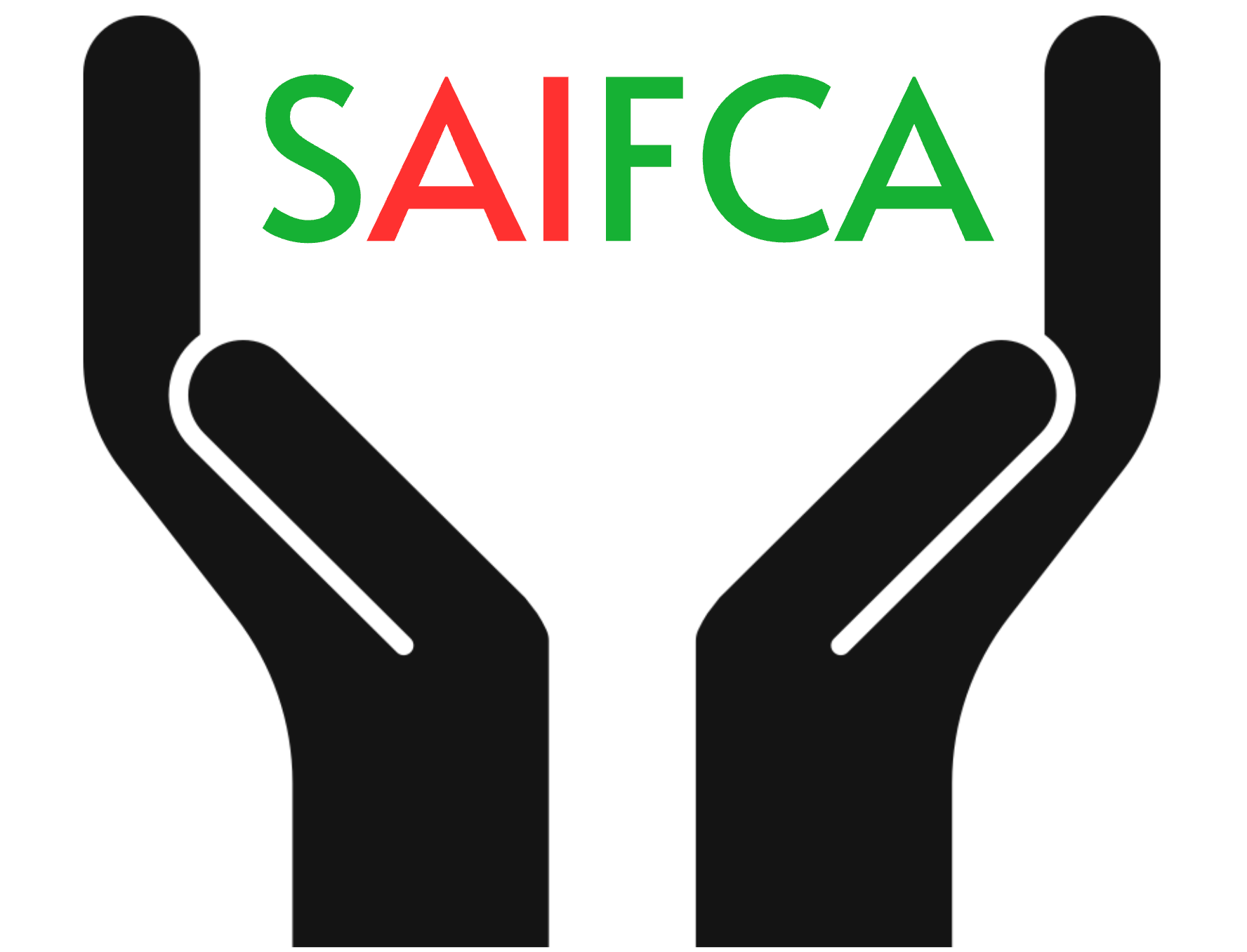AI-Generated Down Syndrome Filters Used to Promote Adult Content Online

A growing number of online accounts have been discovered using AI-generated filters to depict people as having Down syndrome. These manipulated images are then used to attract attention to adult content, including through links to subscription-based platforms.
In one case, a 16-year-old girl’s image was unknowingly altered to appear as though she had Down syndrome and paired with a caption designed to sexualise the image and drive viewers toward OnlyFans.
This is a form of dangerous exploitation - one that combines disability discrimination, sexualisation of minors, and the misuse of emerging technologies in extremely unethical ways.
Another concern is the direction this trend appears to be heading. What began as generic fake profiles is now shifting toward the deliberate targeting of marginalised and vulnerable groups. Without meaningful intervention from platforms, developers, and regulators, we risk seeing this behaviour spread further.
We must ask:
▪️ How are platforms monitoring the use of AI in image manipulation?
▪️ What safeguards exist to prevent the exploitation of disability and youth?
▪️ Who is accountable when technology is used to cause harm?
Technology should never be a tool for objectification or harm. When it is, we all share a responsibility to respond.
We must act now to ensure AI is developed and deployed responsibly.
One way to contribute is by raising awareness and demanding stronger safeguards around how AI is designed, implemented, and governed. This includes speaking out about harms, supporting ethical standards, and holding platforms and developers accountable when technology is misused.
(Note for complete clarity: The concern is entirely with AI-generated exploitation, not authentic representation.)
